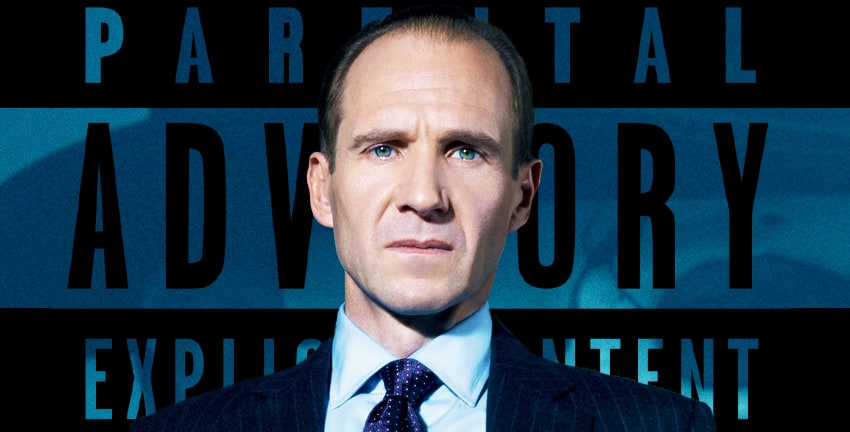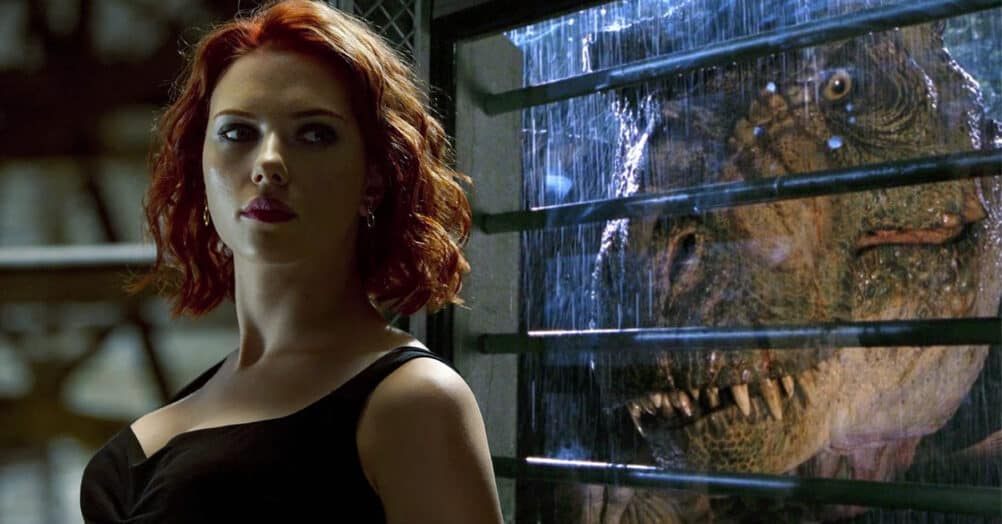
Are audiences too soft these days? Ralph Fiennes thinks so, at least when it comes to needing trigger warnings in the theater. Fiennes is currently starring in a modern-day retelling of Macbeth, which, as every high-school student knows, contains a few gruesome murders. Some theaters have reportedly been offering trigger warnings in advance of the production, and Fiennes isn’t a fan.
When asked by BBC’s Laura Kuenssberg if audiences have gone too soft, Fiennes said, “I think they have. I think we didn’t used to have trigger warnings. I mean, there are very disturbing scenes in Macbeth, terrible murders and things. But I think the impact of theater should be that you’re shocked and you should be disturbed.“
Fiennes added, “I don’t think you should be prepared for these things, and when I was young, we never had trigger warnings for shows. Shakespeare’s plays are full of murders, full of horror. As a young student and lover of theater, I never experienced trigger warnings telling me: ‘By the way, in ‘King Lear,’ Gloucester’s going to have his eyes pulled out.’ It’s the shock, the unexpected, that’s what makes an actor, theater so exciting.” The actor did say that warnings for things that might effect people physically, such as strobe effects, should remain.
Recent years have seen studios add content warnings to certain movies and TV programs, particularly older ones that may contain outdated stereotypes. Most recently, the British Film Institute slapped a trigger warning on a retrospective on James Bond composer John Barry. “Please note that many of these films contain language, images, or other content that reflects views prevalent in its time, but will cause offense today (as they did then),” reads the warning. “The titles are included here for historical, cultural, or aesthetic reasons, and these views are in no way endorsed by the BFI or its partners.“
In response, the BFI said: “Whilst we have a responsibility to preserve films as close to their contemporaneous accuracy as possible, even where they contain language or depiction which we categorically reject, we also have a responsibility in how we present them to our audiences. The trigger warnings/content warnings that we provide in all of our exhibition spaces and online platforms act as guidance that a film or work reflects views of the time in which they were made and which may cause offence.“
Are trigger warnings making audiences too soft or do they have their place?




















Follow the JOBLO MOVIE NETWORK
Follow us on YOUTUBE
Follow ARROW IN THE HEAD
Follow AITH on YOUTUBE